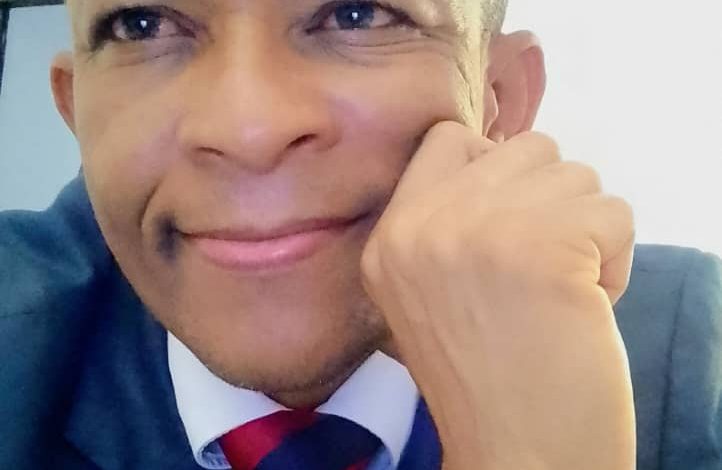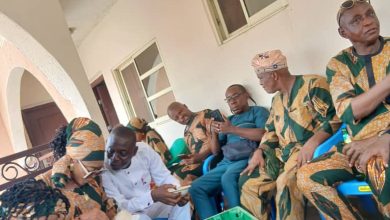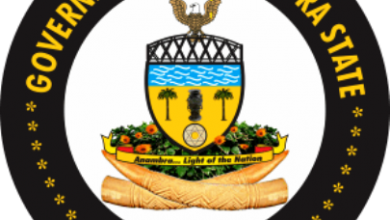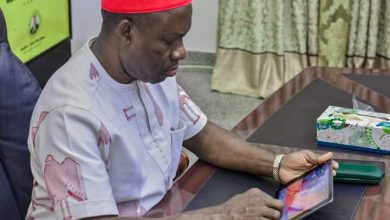
By Emeka Monye
The phrase “Who will bell the cat?” originates from a medieval fable about mice who decide to put a bell on a cat to warn them of its approach. However, they realize that the difficult part is finding a volunteer to actually bell the cat.
The story is a classic fable that teaches a valuable lesson about courage, responsibility, and the challenges of implementing a good idea.
In modern usage, the phrase is often used metaphorically to ask who will take bold action or assume responsibility for a difficult or risky task.
In the story, a group of mice gather to discuss ways to protect themselves from a sly cat that has been terrorizing them. One clever mouse suggests attaching a bell to the cat’s neck, so the mice can hear it coming and scurry to safety.
The plan seems brilliant, but when the mice are asked who will actually bell the cat, no one volunteers. Here lies the challenge, everyone was scared of being the victim. The mice realize that it’s easy to propose a plan, but much harder to put it into action, especially when it involves risk.
This fable highlights the importance of considering the practicalities and potential consequences of a plan, as well as the need for courage and willingness to take action.
This is the reality we have found ourselves in modern day Nigeria. Everyone is complaining, complaining and lamenting about the harsh economic and political disequilibrium, yet no one is bold enough or has summoned the gut to take charge and offer a real solution to the present socio-economic quagmire.
Every day on various social media, the ranting is hitting the high heavens, ceilings are being shattered and walls are being broken by people, mostly the common man, about the state of affairs in the country.
Unfortunately, and like the proverbial mice, no one seems to have summoned the courage to face the Intimidators of the large chunk of the people. Many of those caught in this web of animal oppression have been divided along fault lines, including politics, tribe, ethnicity and worst of all, religion.
Whether we belong to one religious group, political party or ethnicity is inconsequential because the harsh economy is hitting hard on everyone. People are on a daily basis dropping dead, either by committing suicide or accidental, because they cannot afford the basic needs of life such as food.
While the political leaders have been fingered as the architect of this present economic circumstance, the reality existing among the followers who in this context can be likened to the mice, is that most of them have not been able to summon the courage to take action.
At best what we hear is false courage on social media, people hiding under pseudonyms to call on unsuspecting and naive Nigerians to go out and cause mayhem, yet these same faceless groups of people oftentimes turn around to betray the people’s trust.
And When groups or individuals in positions of power prioritize their own interests over the trust placed on them, it can lead to feelings of betrayal and disillusionment.
This phenomenon can be seen in various contexts, including politics, business, and social movements. When leaders or representatives fail to uphold their responsibilities or act with integrity, it can erode trust and undermine the relationships between those in power and the people they serve.
To mitigate these risks, it’s essential to establish robust systems of accountability, transparency, and checks and balances. This can help ensure that those in power act in the best interests of the people they serve and not make them live like the proverbial MICE seeking for a VOLUNTEER to bell the CAT
*Emeka Monye Is A Journalist And Works With ARISE NEWS*



